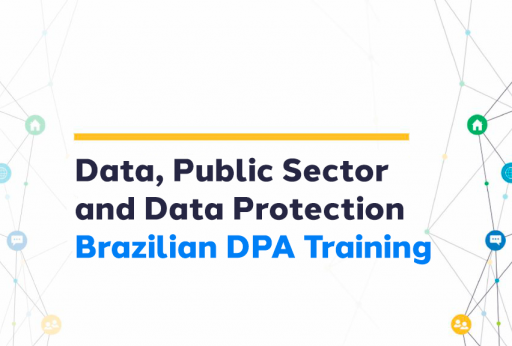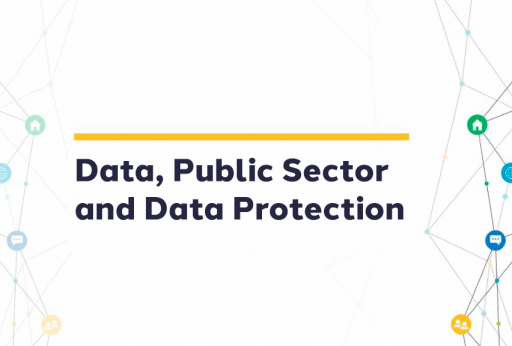The Brazilian public administration structure is based on the idea of maintaining a high-quality public service for its citizens. This role is primarily described in the constitution and by administrative law regulations. The execution of public interest has been enhanced through digitalization, which simplifies access to and the provision of public services. Initiatives such as Meu SUS Digital (digital public health services) and the Celular Seguro program (public security program for cellphones) already indicate the importance of using personal data to simplify public services in the areas of security and public health.
In an increasingly data-driven world, information about citizens is an opportunity to improve the efficiency of public services and enhance public policies. With the enactment of the Lei Geral de Proteção de Dados (LGPD) (General Data Protection Law) , there is now a greater opportunity to optimize and increase the efficiency of public resources. This is because the law describes the requirements and procedures through which the public sector can leverage personal data it collects.
For example, in 2022, the Instituto Nacional de Estudos e Pesquisas Educacionais Anísio Teixeira (INEP) (institution responsible for public educational research) determined that the publication of data from the Censo Escolar (data about schools) and ENEM (National College Exam) could endanger thousands of children and adolescents. As a result, it removed the data from public access. After a compliance procedure conducted in conjunction with the Autoridade Nacional de Proteção de Dados (ANPD), the information was made available again with several adjustments.
In addition to protecting students, the new form of data publication by INEP focuses on providing specific information for researchers in the field. This small change represents an important step in how personal information can improve public services without compromising citizens.
This is the kind of transformation that Data Privacy Brasil aims to promote. With its history of action and learning, Data is in a prime position to address the opportunities and challenges of implementing data protection in the public sector. All of this is done through technically qualified debates. Our achievements in recent years reflect this commitment.
In 2024 alone, we conducted a series of specialized courses, training over 150 students and providing more than 300 hours of education on topics such as data protection, information security, and artificial intelligence.
- Training for the Federal Senate
The Federal Senate plays an essential role in promoting legislative actions, as well as expanding public and democratic participation. In the training provided to the Senate, we not only offered a comprehensive study of the field of data protection but also aimed to develop the skills necessary to implement rights in the design of the institution’s applications, with specific training in Privacy by Design. To that end, two courses were delivered: 1. Privacy and Data Protection: Theory and Practice – Senate Class,’; 2. Privacy by Design.
Initially, we focused on developing skills for interpreting and assessing data protection. We then addressed the specific challenges faced by the public sector. Lastly, we focused on how design can be an ally in promoting democracy through the Senate.
The teams that trained with us developed design solutions for functionalities already offered by the Senate, such as the E-Citizenship platform. With the Senate, we were able to demonstrate how data protection facilitates technical decision-making in the creation of new functionalities and the enhancement of interfaces already available to citizens. Below are some examples of mapping and analysis conducted by the Senate.
| Image 1: Data flow of a Senate research and oversight functionality, produced by Senate employees |
| Image 2: Description of the data flow for a transparency feature developed by Senate employees |
Image 3: Prototype of improvements to the E-Cidadania portal based on Privacy-by-Design methodologies
- Students impressions
As part of our practice of evaluating the performance of our courses, we always collect feedback from our students. During the Senate training course, we received high approval from the public officials, achieving an NPS of 75 with no detractors present:
Review from our students:
“I learned a lot from the course ‘Privacy and Data Protection: Theory and Practice – Senate Class,’ taught by specialist instructors from Data Privacy Brasil, which greatly enhanced my knowledge of the LGPD.”
“It was a comprehensive course, addressing important issues related to the LGPD. It feels great to start understanding concepts that are present in our daily lives.”










 Sign up and receive our newsletter in your email
Sign up and receive our newsletter in your email